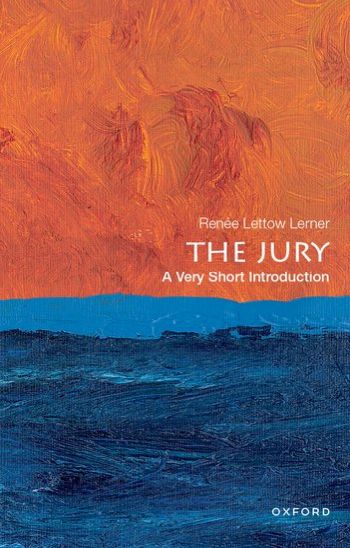
Almost every society has professional judges, but from ancient Athens to modern Asia, cultures have wanted ordinary people involved in criminal judgment: the jury. The use of juries comes with challenges; societies must determine how to select jurors, what cases jurors should decide and by what rules, and how to inform jurors about the law and evidence.
This Very Short Introduction shows how and why societies around the world have used juries, charting the spread of the twelve-person jury from England to the British colonies in America, Canada, India, Australia, New Zealand, and the Caribbean. In criminal cases, use of lay jurors stretched to nations in Europe, Latin America, and Asia as they aspired to democracy, greater popular participation in government, and legitimacy of the justice system. But in English-speaking countries, jury trials are declining. Civil juries have been virtually abolished everywhere except the United States, and even there they are rare. Among other painful alternatives chosen by the accused, plea bargaining is now taking the place of criminal jury trials. In this book, Renée Lettow Lerner describes the benefits and challenges of using juries, including jury nullification, and considers how innovations from non-English-speaking countries may hold the key to jurors' survival.